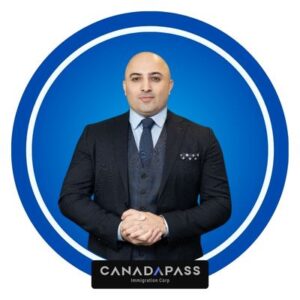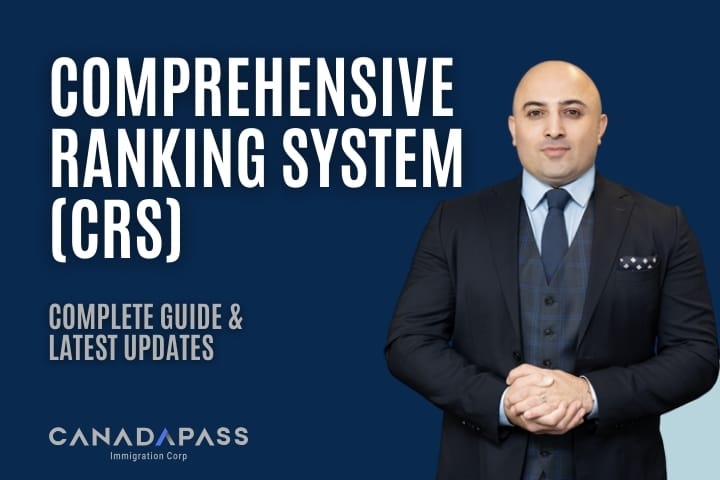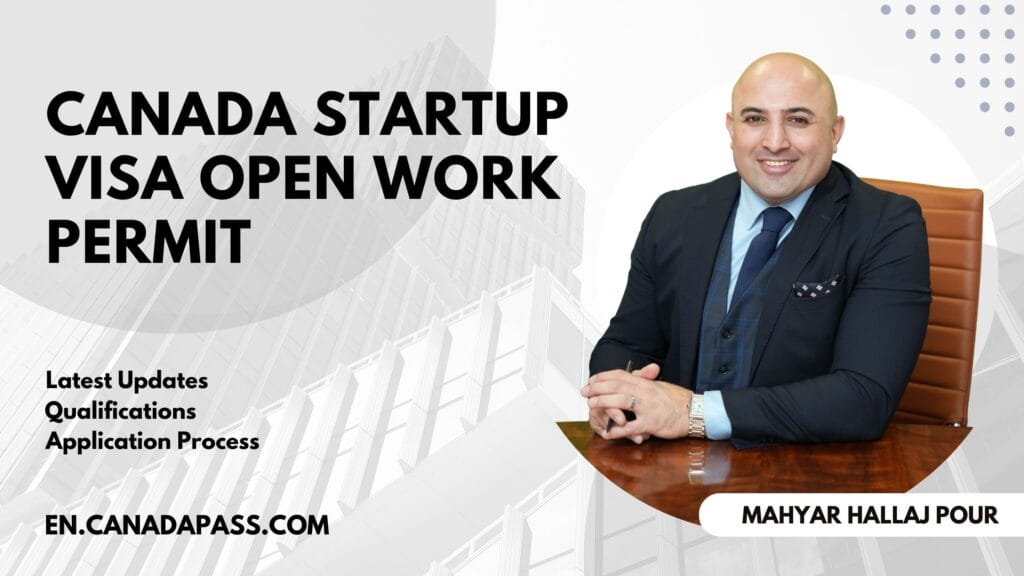The Canadian Express Entry Comprehensive Ranking System (CRS) is a core component of Canada’s immigration framework, designed to attract skilled workers and offer them permanent residency. This points-based system evaluates candidates’ qualifications, ranking them against others in the Express Entry pool. Aimed at transparency and fairness, CRS ensures that top-ranking applicants receive Invitations to Apply (ITAs) for permanent residency.
As of 2025, significant changes have been introduced to the CRS, including the removal of additional points for job offers and a stronger focus on category-based draws. Complementing these updates, Canada’s immigration levels plan for 2025–2027 reaffirms the country’s commitment to bringing in economic immigrants to address critical labor shortages.
This article explains how the CRS works, provides insights into recent updates, and offers actionable strategies to improve your CRS score and move closer to achieving permanent residency.
What is the Express Entry System?
Canada’s Express Entry system is a centralized platform designed to manage applications for three economic immigration programs:
- Federal Skilled Worker Program (FSWP): Ideal for candidates with foreign work experience and education.
- Federal Skilled Trades Program (FSTP): For individuals in skilled trade occupations.
- Canadian Experience Class (CEC): Focused on candidates with prior work experience in Canada.
Eligible candidates create an online profile and are ranked in the Express Entry pool using the CRS. Every few weeks, Immigration, Refugees and Citizenship Canada (IRCC) conducts draws to issue ITAs to top-ranking candidates.
Key Features of the Express Entry System
- Assessment Method: CRS evaluates based on education, age, work experience, and language skills.
- Draw Types:
- General draws target high-ranking candidates across all programs.
- Program-specific draws focus on one stream, such as the CEC or PNP.
- Category-based draws target candidates in specific occupations or with unique skills (e.g., healthcare workers, French speakers).
- Processing Speed: Applications are processed within as little as six months for candidates who receive an ITA.
Recent Updates to the CRS in 2025
Removal of CRS Points for Job Offers
Effective March 25, 2025, candidates no longer receive additional CRS points for job offers, including those supported by Labour Market Impact Assessments (LMIA). Previously, job offers contributed between 50 and 200 points, giving candidates with employment offers a significant boost.
This update was implemented to reduce incidences of fraud, such as LMIA purchases, and to ensure fairness across all profiles. While candidates can still include job offers in their profiles, these no longer impact CRS rankings.
Greater Focus on Category-Based Draws
The 2025 adjustments enhance category-based draws targeting candidates with specific skills or qualifications aligned with current labor market demands. Examples of key categories include:
- Healthcare and social services professionals.
- STEM (Science, Technology, Engineering, Math) specialists.
- French-language-proficient candidates.
- Skilled tradespersons.
For instance, in February 2025, a French-language category-based draw invited 6,500 candidates with a CRS cut-off of just 428. By aligning your profile with future category-based draws, you can improve your chances of selection.
Immigration Levels Plan (2025–2027)
Through its three-year immigration levels plan, Canada is prioritizing economic migrants, particularly those with Provincial Nominee Program (PNP) nominations or those already working in Canada. Key highlights include:
- PNP Targets: Increasing to 55,000 annual PR invitations by 2027.
- Focus on Temporary Residents:
- Programs will emphasize transitioning temporary residents to permanent status to address labor shortages while easing housing and infrastructure pressures.
- Over 40% of new permanent residents will come from existing temporary residents.
How Does the Canadian Express Entry Comprehensive Ranking System Work?
The CRS assigns up to 1,200 points based on core human capital, skill transferability, and additional factors. The table below provides a detailed breakdown of CRS scoring:
| CRS Sections | Maximum Points (With Spouse) | Maximum Points (Without Spouse) |
|---|---|---|
| Core/Human Capital Factors | 460 | 500 |
| Spouse/Common-Law Partner Factors | 40 | N/A |
| Skill Transferability Factors | 100 | 100 |
| Additional Points | 600 | 600 |
| Total | 1,200 | 1,200 |
Core Human Capital Factors
This evaluates individual strengths like age, education, language proficiency, and Canadian work experience.
| Factor | Max Points (With Spouse) | Max Points (Without Spouse) |
|---|---|---|
| Age | 100 | 110 |
| Education | 140 | 150 |
| First Language | 128 | 136 |
| Canadian Work Experience | 70 | 80 |
Candidates aged 20–29 or those with CLB 9+ language scores and advanced degrees earn the maximum points in these categories.
Additional Points
Although job offers no longer contribute CRS points, factors like provincial nominations, French proficiency, and Canadian education still offer significant bonuses:
| Factor | Points |
|---|---|
| Provincial Nomination | 600 |
| French-Language Proficiency | 50 |
| Canadian Education (3+ years) | 30 |
| Sibling Residing in Canada | 15 |
CRS Cut-Off Scores in 2025
The CRS cut-off score fluctuates in each draw based on:
- The number of candidates in the pool.
- Specific draw targets (e.g., program-specific or category-based draws).
- Government priorities, including labor market needs.
Recent Draw Results
| Date | Draw Type | Number of ITAs | CRS Cut-Off |
| May 2, 2025 | Healthcare and social services occupations | 500 | 510 |
| May 1, 2025 | Education occupations | 1,000 | 479 |
| April 28, 2025 | Provincial Nominee Program (PNP) | 421 | 727 |
What is a Good CRS Score?
Generally, CRS scores above 500 offer strong chances of receiving an ITA. However, category-based draws often have lower cut-off scores, such as 428 in the most recent French-language draw.
For more insights about eligibility, refer to the official Express Entry system guide.
Tips to Improve Your CRS Score
If your CRS score falls short, consider these strategies for improvement:
1. Enhance Language Proficiency
Retake language exams like IELTS or TEF Canada to achieve higher scores. A CLB level of 9 or above provides significant CRS boosts.
2. Gain Educational Credentials
Consider pursuing higher education in Canada, as advanced degrees and Canadian credentials earn more points.
3. Secure a Provincial Nomination
Provincial nominations contribute an additional 600 points, nearly guaranteeing an ITA.
4. Add Canadian Work Experience
If you’re eligible, gaining skilled work experience in Canada strengthens both your core and skill transferability points.
5. Learn French
Proficiency in French adds up to 50 points and increases your eligibility for category-based draws targeting French-speaking candidates.
How to Get Started
The Canadian Express Entry Comprehensive Ranking System (CRS) has evolved to prioritize fairness, transparency, and economic alignment in 2025. By understanding recent updates and leveraging tailored strategies, you can maximize your CRS score and secure permanent residency in Canada.
If you want to learn more about how to submit a powerful Express Entry case that gets the best CRS scores, fill out our online assessment form. Our experienced team is here to guide you through every step of the process, ensuring your application is strong, competitive, and successful.










